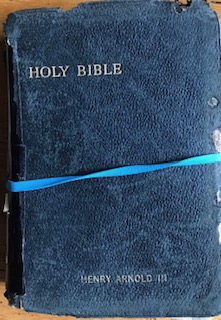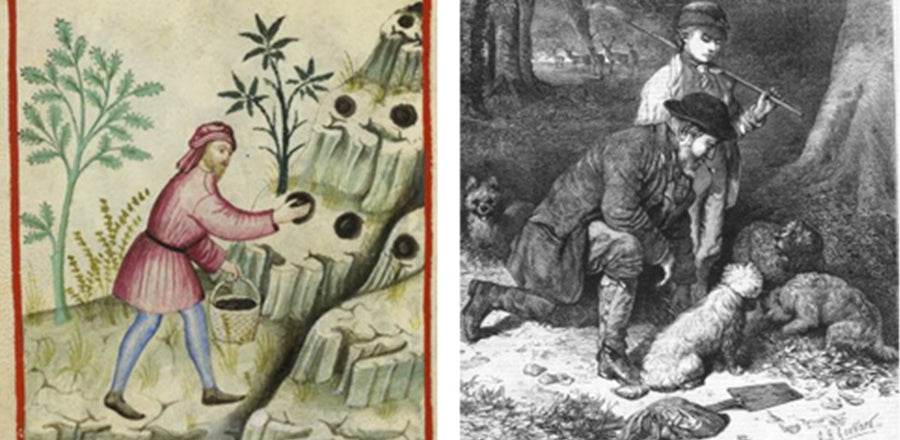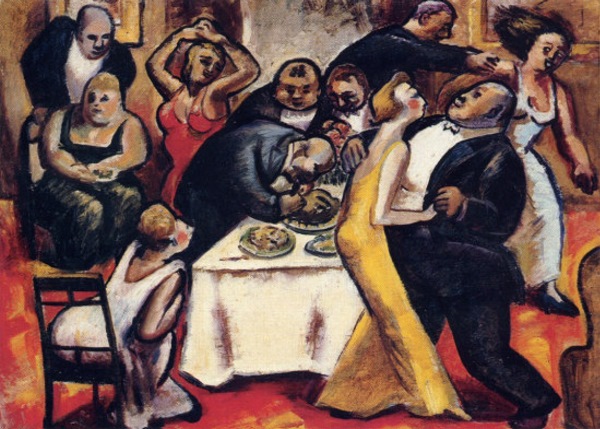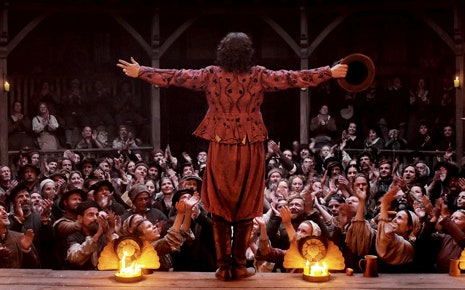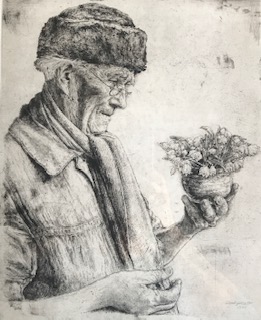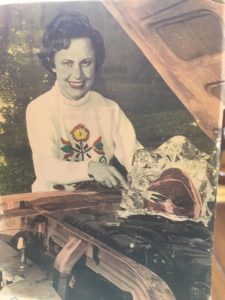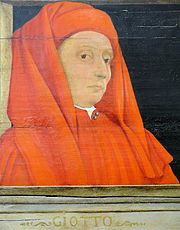The Singer of Israel
My parents gave me my first Bible on my eleventh birthday in 1961 with the inscription written in my mother’s hand: “To our son with the hope that this book will serve as your guide all the days of your life. Our love and prayers will always be with you. Mother and Daddy.” It was the standard KJV translation. “If this translation was good enough for the Apostle Paul, it is good enough for us,” was the occasional argument heard among the brethren back then. It sits on my desk: dog-eared, held together with a rubber band and petrified masking tape, with the pages inside marked and worn.
Now do not be deceived. As sweet as my mother’s sentiment might be, I tested the inscribed words. Their “love” was tried and their “prayers” were many when I took a prodigal turn and remained “in the wilderness” for what, I’m sure, seemed like ages to them. I am very grateful to the faithfulness of my parents, and like the prodigal son, when I “came to my senses,” a discovery of an active, loving relationship with God and an intense thirst for Scripture came with it. A devotion to tell or retell stories from the Bible would soon follow.
All artists, whatever their art form, interpret life through a particular lens. My lens just happens to be the Scriptures. I have been asked often how I came up with the stories I have created in my historical fiction series The Song of Prophets and Kings. I usually react by quoting Isaac Newton when he was asked how he came up with the theory of gravity. His reply, “By thinking on it continually.”
Writing is really no mystery, no sleight of hand. It is hard work. It is a constant devotion to a task. It is not a sudden onset of inspiration, that is of course if you are already busy at the work of creating when inspiration appears. I have thought about these stories in this series and how I might compile them in a cohesive whole for a long time. I have invested years of labor and received generous encouragement from Kay and many others all along the way.
The third volume of the Prophets and Kings series will be released in December 2022 and is entitled The Singer of Israel. I devote this volume to the rise of David to a prominent place in the court of King Saul only to be forced to flee for his life and remain on the run for years. Stay tuned. More pre-release information will be forthcoming.

